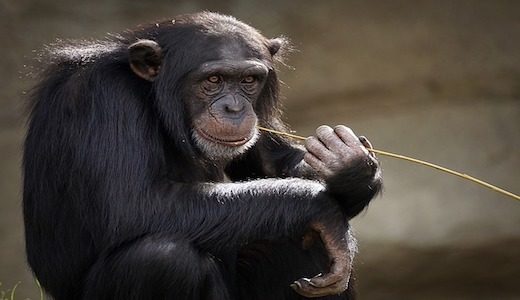We use the terms animal welfare and animal rights a lot when talking about animals, but have you ever wondered what they mean? Read on as we explore them and their differences below.

What do we mean by animal welfare?
In the most basic terms, animal welfare refers to the well being of animals. For example, how well we are looking after them and whether we are meeting their needs. It centres on the belief that nonhuman animals are sentient and have the ability to feel. Therefore, we should consider their needs and suffering.
We can talk about animal welfare in many contexts. It can refer to how we look after our companion animals as well as we slaughter them for food, use them in scientific research or care for them in zoos, farms and circuses. Animal welfare also covers how human activities affect the well-being and survival of wild species. Our actions have a tremendous impact on the natural habitat of animals, and it’s impossible to ignore the knock-on effects that has on welfare.

Is animal welfare enough?
While animal welfare does address the needs of animals to some extent, it does come under some criticism. Animal rights activists argue that it still allows for the exploitation of animals under the cover of humane treatment.
What do we mean by animal rights?
Animal rights goes a step further in the protection of animals. It is a belief that animals have the right to a life free of suffering and exploitation. It centres around the idea that animals feel fear, pain and pleasure like we do. They also experience a range of emotions such as attachment and loneliness. Therefore, they deserve the same consideration as humans and to be treated as individuals rather than a resource.

Should all animals have rights?
The ethics around animal rights are complex. For example, many argue that giving all animals their rights, including insects, for example, is a step too far. One suggestion is to separate animals out and give only “higher” animals, such as primates, their rights. Another is to separate farm animals from those we think of as our friends such as dogs and cats.
Currently, the law says animals are “legal things” not “legal persons”. This is important because while legal persons have rights of their own, legal things do not. However, this view is beginning to change. In 2008, for example, the Spanish national parliament adopted resolutions urging the government to grant orangutans, chimpanzees, and gorillas some statutory rights previously afforded only to humans.
Blog published in August 2020 by OneKind writers, Aleks Wruk and Jane Warley.